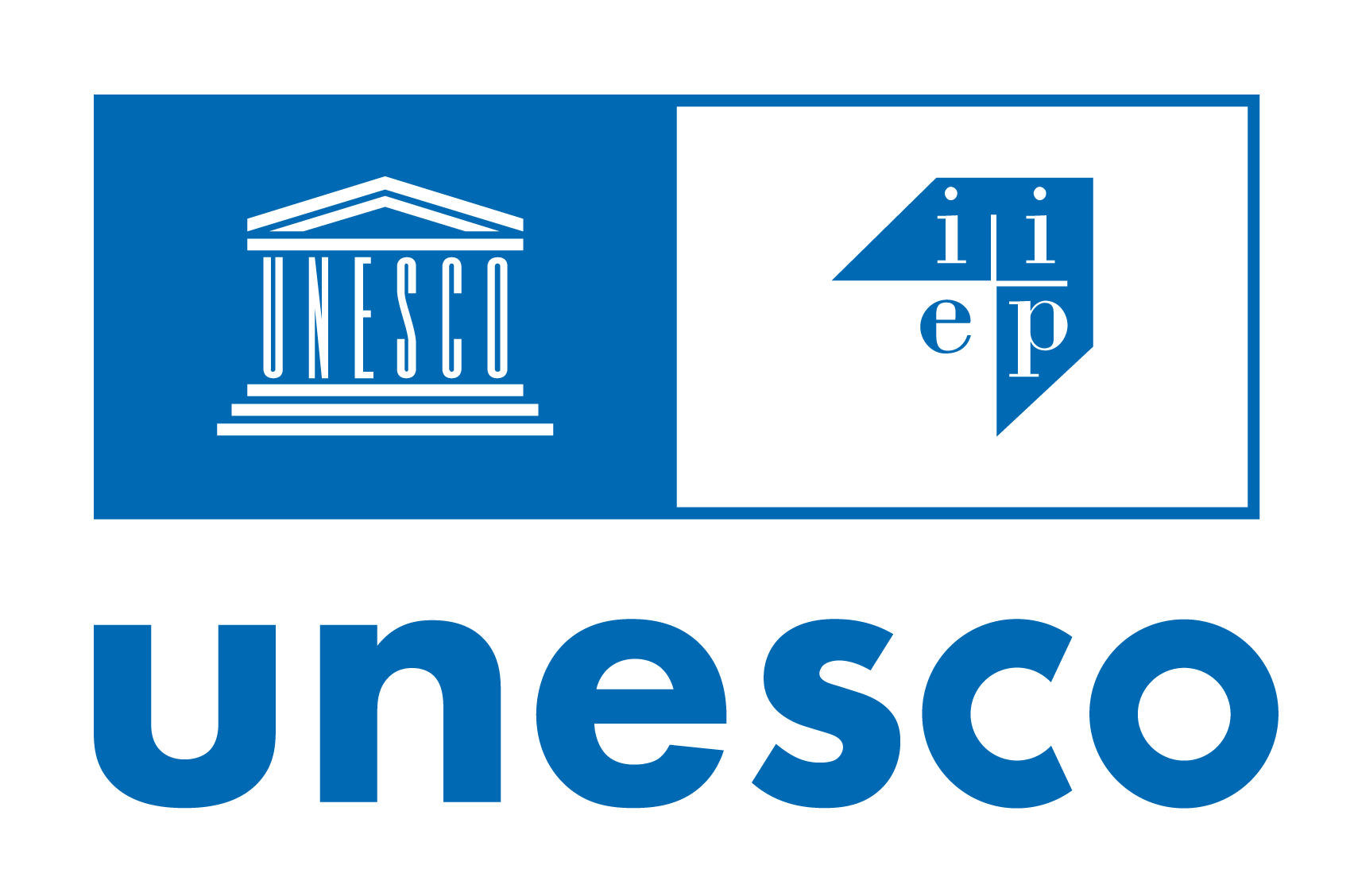There are ongoing efforts by local and international stakeholders to facilitate Syrian youths’ access to universities by providing scholarships, offering support and bridging programs. However, little is known about the youths who are currently enrolled in higher education institutions (Yalim & Kim, 2018). There is a need to have an in-depth understanding of the Syrian refugee students who are already enrolled in universities in Lebanon in order to address issues that are beyond access. This research study aimed to explore how and to what extent Syrian students are integrated into universities in Lebanon in addition to the coping strategies that these students use by employing the qualitative approach. University admission officers, student affairs officers, and counselors were interviewed and asked to fill an online survey while Syrian university students also completed a survey. The study’s findings revealed that the enrollment rate of Syrian youths at universities is low and is not attributed to the university’s admissions procedures. Lack of integration into the university’s community, discrimination, and the lack of employment opportunities post-graduation account for the low enrollment rate of Syrian students in universities. Contrary to the assumptions made, Syrian students are coping well as the majority of them are using the rational strategy mechanism. Nonetheless, universities need to assign distinct officers as student affairs and counselors to address and facilitate the students’ integration into the campus’s life and their psychosocial needs. Additionally, student activities and the structure of the student clubs need to be redesigned to cater to the diverse student population, including those that work. It is equally important for institutions of higher education to support students’ future career opportunities by directing them to select a major that is compatible with their capabilities and interests rather than selecting majors simply because they are offered in Arabic or do not require attendance.
Année
2019
Pages
30
Type de ressource
Langues





